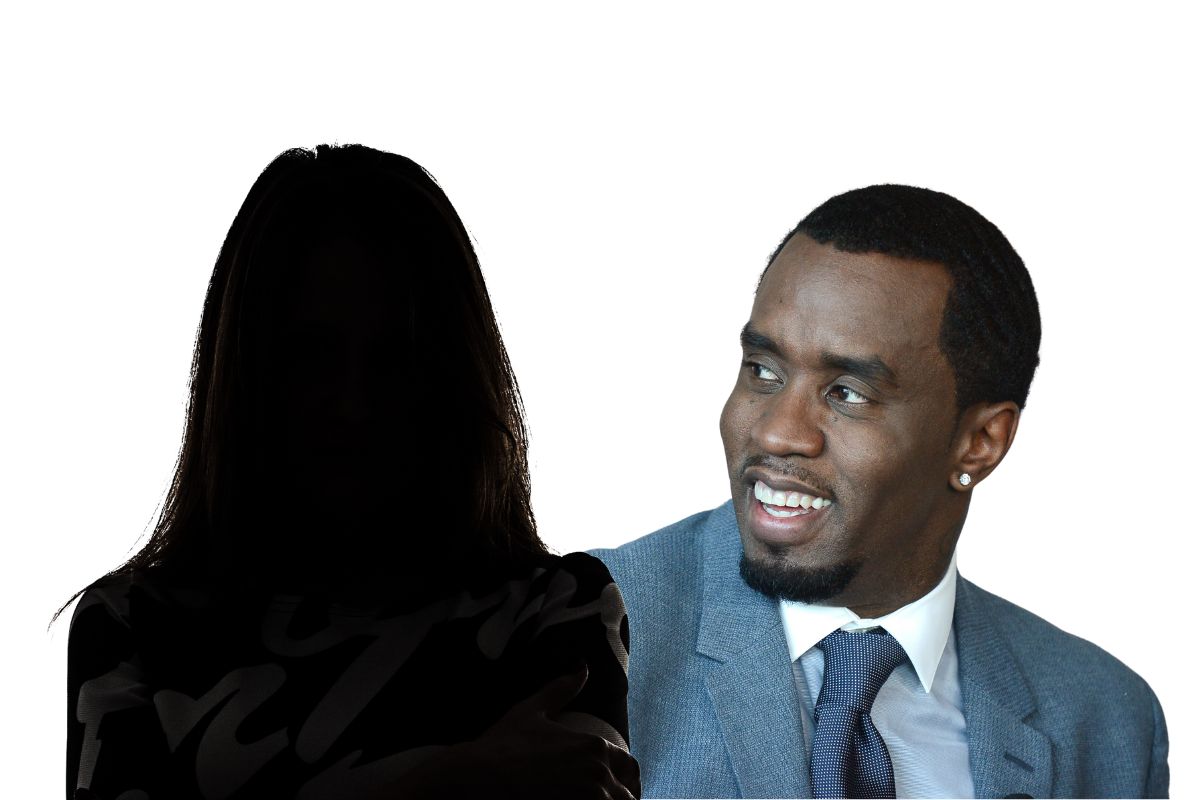The feds just made it crystal clear—some of Sean “Diddy” Combs’ accusers won’t be testifying under their real names—if they can help it.
Prosecutors asked Judge Arun Subramanian to let three of the four expected victims in the upcoming trial testify using pseudonyms.
They say it’s the only way to prevent these women from being dragged through the mud by the press, stalked by the public and humiliated in real-time while recounting graphic allegations of abuse.
They pointed to similar protections granted in other high-profile cases like those involving Ghislaine Maxwell, R. Kelly and NXIVM’s Keith Raniere.
Victim-1, widely believed to be Diddy’s ex Cassie Ventura, is fine using her name. However, Victim 2, Victim 3 and Victim 4 want their identities kept out of public view.
The Government wants the victims to be able to use pseudonyms during testimony, blocking the defense from asking for identifying details and sealing court exhibits that contain their names.
Prosecutors emphasized that Diddy already knows who the women are. So does the jury. It’s the public—and the media—who won’t. That’s because, according to the Government, the case has become a spectacle.
Coverage has been relentless since Diddy was indicted in March of 2024 on sex trafficking, racketeering, and prostitution-related charges. The spotlight has zeroed in on the accusers.
And prosecutors say that’s exactly the kind of attention that makes victims go silent. They’re asking the court to avoid piling on.
The fallout could follow them forever if their real names were linked to what prosecutors describe as “inflammatory” details.
Prosecutors also say these women have expressed fears about harassment, professional retaliation and losing their jobs. One already made her concerns known about public backlash affecting her future.
While some victims may have been named in news stories or lawsuits, the Government says that doesn’t matter.
“The choice of a victim to publicly discuss a crime is not analogous to being put on the stand about it,” prosecutors argued. “In court, the victim will not be able to choose how and to what level of detail she discusses the crime.”
They also warned that revealing identities could discourage other survivors from coming forward—not just in this case but in future ones.
Documents shown in court will be shared with jurors but redacted for the public. And prosecutors are open to giving jurors a simple explanation: that pseudonyms are being used out of respect for privacy — not to punish the defense.
For now, it’s up to Judge Subramanian to decide whether those protections go into effect.
Diddy is charged with racketeering conspiracy, sex trafficking and transporting individuals for prostitution. He has pleaded not guilty.
Jury selection will start on May 5, while opening statements are scheduled for May 13.
